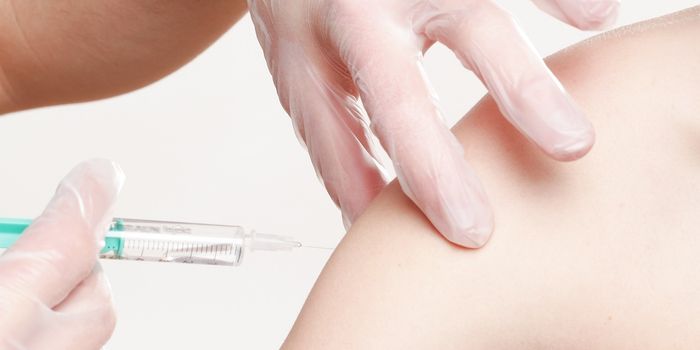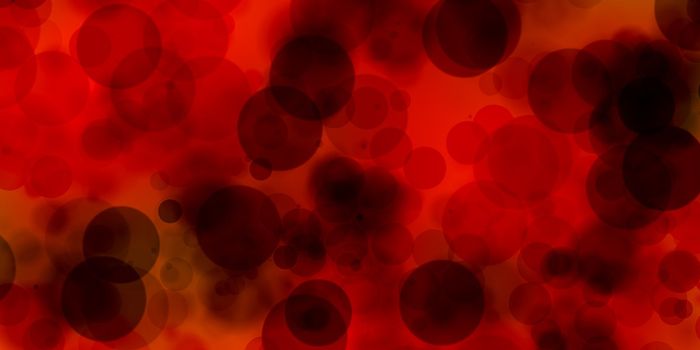Nosedive: Poor Nasal Antiviral Responses Linked to Severe COVID
Talking, singing, coughing—all of these can spread COVID-19 from an infected person via respiratory aerosols. These tiny droplets, once inhaled, enter the respiratory system, where the SARS-CoV-2 virus latches onto cell surface receptors and begins to wreak havoc. Many COVID-19 patients present with symptoms that are restricted to the upper respiratory tract. However, those with more severe, life-threatening infections often end up with lasting damage to the lungs.
This phenomenon led researchers to hypothesize that immune events occurring in the nasal passageway may influence the severity of COVID-19 symptoms.
In a study published in the journal Cell, researchers at the University of Mississippi Medical Center took nasal swabs from 58 participants, 35 of whom were COVID-19 patients. The team isolated cells from the swabs and performed single-cell sequencing on them to create individual transcriptomic profiles that were grouped depending on the severity of the patients' experienced.
"Our single-cell sequencing approaches allow us to comprehensively study the body’s response to disease at a specific moment in time," explained team member Alex Shalek from the Ragon Institute. "This gives us the ability to systematically explore features that differentiate one course of disease from another as well as cells that are infected from those that are not.”
Shalek and colleagues found that the patients with severe COVID-19 had very low levels of interferons, a vital part of the antiviral immunological response. Also, these patients were found to have more significant numbers of inflammatory macrophages.
Without a robust antiviral response, the coronavirus may divide and migrate into the lower regions of the airways more easily in severe COVID-19 patients. The activation of inflammatory immune cells could also make things worse by elevating uncontrolled inflammation with serious, often fatal consequences.
Because nearly all the severe COVID-19 samples showed muted antiviral responses, the team suggests that nasal swabs may be used as a predictive tool to identify patients most at risk of a downward spiral.
Sources: Cell, Broad Institute.









